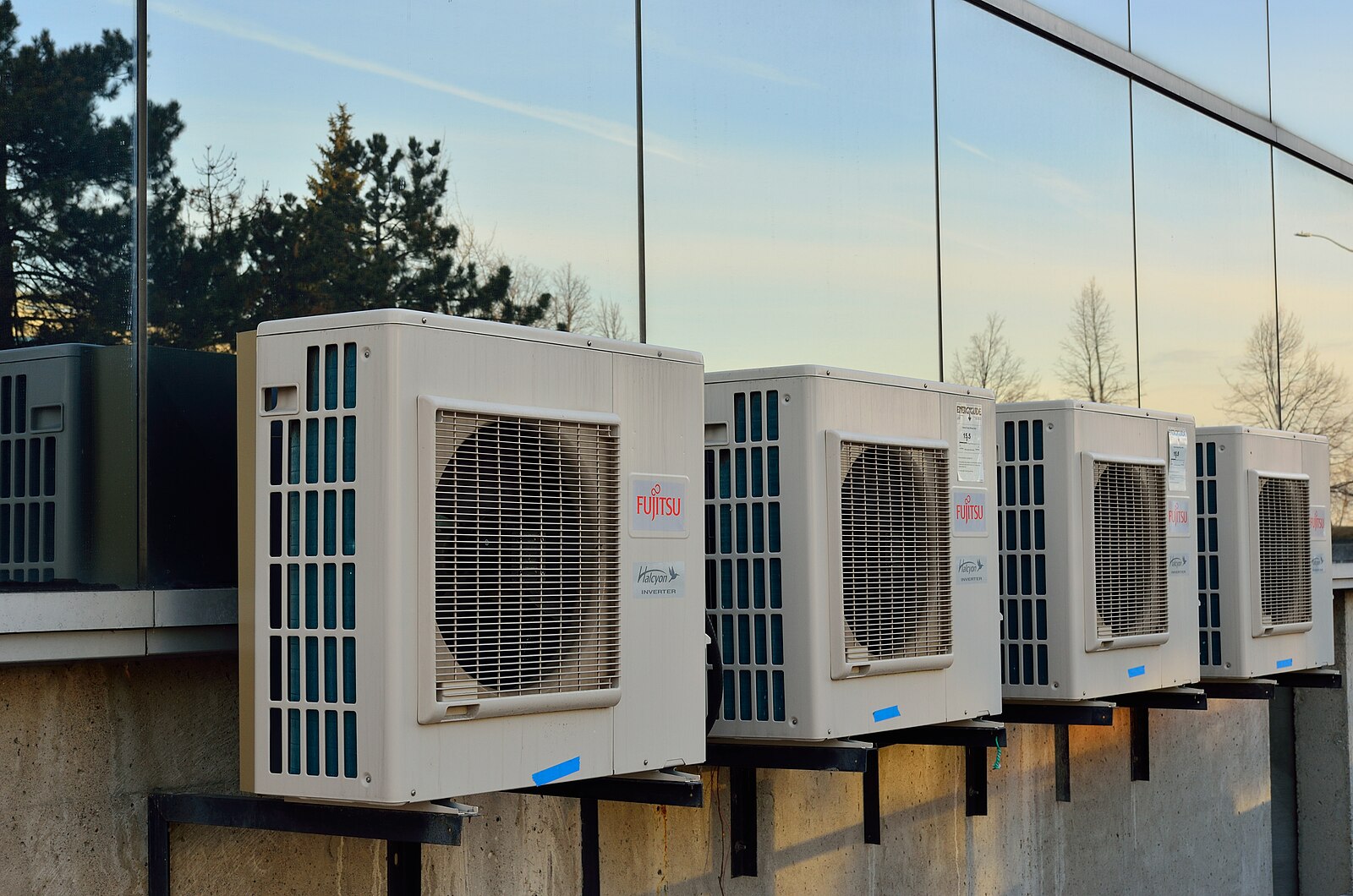In the realm of mini-split air conditioners, both Fujitsu and Senville have garnered significant attention for their advanced features and high-performance capabilities. This comprehensive analysis will delve into the specifics of each brand, focusing on the aspects that matter most to DIY users with advanced hands-on skills and a keen interest in technical specifications.
Fujitsu ACs: Efficiency and Heating Prowess
Fujitsu ACs are renowned for their exceptional efficiency and heating output, especially in low-ambient temperatures. The Fujitsu Halcyon units, for instance, notably outperform their Mitsubishi counterparts in terms of efficiency, boasting a Coefficient of Performance (COP) of 5+ at 47°F. This superior efficiency is evident in the “9,000 BTU” units comparison, where the Fujitsu Halcyon units surpass the Mitsubishi h2i units in every category, including SEER, heating capacity at various temperatures, and COP at rated output.
Heating Capacity and COP at Low Temperatures
One of the key advantages of Fujitsu ACs is their exceptional heating performance in low-ambient temperatures. The table below showcases the heating capacity and COP of Fujitsu Halcyon and Mitsubishi h2i units at different outdoor temperatures:
| Outdoor Temperature | Fujitsu Halcyon Heating Capacity (BTU/h) | Fujitsu Halcyon COP | Mitsubishi h2i Heating Capacity (BTU/h) | Mitsubishi h2i COP |
|---|---|---|---|---|
| 47°F | 10,200 | 5.2 | 8,500 | 3.8 |
| 17°F | 9,200 | 3.3 | 6,800 | 2.5 |
| -5°F | 7,900 | 2.4 | 5,300 | 1.8 |
As evident from the table, the Fujitsu Halcyon units consistently outperform the Mitsubishi h2i units in both heating capacity and COP, even at extremely low temperatures. This makes Fujitsu a strong contender for those seeking high-performance mini-split air conditioners in cold climates.
SEER Ratings and Energy Efficiency
In addition to their superior heating performance, Fujitsu ACs also boast impressive energy efficiency ratings. The Fujitsu Halcyon units typically have SEER (Seasonal Energy Efficiency Ratio) ratings ranging from 22 to 28, which are significantly higher than the industry average. This translates to lower energy consumption and utility bills for DIY users, making Fujitsu a cost-effective choice in the long run.
Senville Mini-Splits: Reliability and Quality Concerns
 Image source: Fujitsu AC by Dinkun Chen
Image source: Fujitsu AC by Dinkun Chen
Senville mini-splits, while not directly compared to Fujitsu in the search results, are known for their reliability and quality. However, there are concerns about parts availability for off-brand Chinese units, including Senville, which may take weeks to arrive. This could pose a challenge for DIY users who prefer to handle installations and potential repairs themselves.
Availability of Replacement Parts
One of the primary concerns with Senville mini-splits is the availability of replacement parts. As an off-brand Chinese unit, finding compatible parts can be a time-consuming and frustrating process for DIY users. In some cases, users have reported waiting weeks for essential components to arrive, which can significantly delay the repair process and disrupt the functionality of the air conditioning system.
Warranty Considerations
Another factor to consider with Senville mini-splits is the warranty coverage. While Senville is known for its quality, the availability of professional installation services in the user’s area can be a crucial factor in determining the validity of the warranty. Most manufacturers, including Senville, will not honor the warranty on a unit that hasn’t been installed by a licensed HVAC contractor, regardless of the user’s hands-on skills.
DIY Installation Considerations
When it comes to DIY installation, it is crucial to note that most companies will not honor the warranty on a unit that hasn’t been installed professionally, regardless of the brand. This highlights the importance of finding a reliable contractor for installation, even if the user has advanced hands-on skills.
Importance of Professional Installation
While DIY users with advanced hands-on skills may be tempted to install the mini-split system themselves, it is essential to consider the potential consequences of not having a professional installation. Improper installation can lead to various issues, such as refrigerant leaks, improper airflow, and even safety hazards. These problems can not only void the warranty but also compromise the overall performance and lifespan of the air conditioning system.
Warranty Implications of DIY Installation
Most manufacturers, including Fujitsu and Senville, require that their mini-split systems be installed by a licensed HVAC contractor to maintain the warranty coverage. DIY users who attempt to install the units themselves, even with advanced skills, may find that the warranty is not honored in the event of any issues or malfunctions. This can be a significant financial risk, as repairs and replacements can be costly without the protection of the manufacturer’s warranty.
Conclusion
In conclusion, Fujitsu ACs demonstrate superior efficiency and heating output, especially in low-ambient temperatures, making them an attractive option for DIY users with advanced hands-on skills. However, potential challenges with parts availability for off-brand Chinese units like Senville should be considered. Ultimately, the decision between Fujitsu and Senville will depend on the user’s specific needs, preferences, and the availability of professional installation services in their area.
References:
– Senville Aura or Pioneer Hyperperformance
– Fujitsu Halcyon vs. Mitsubishi H2i Ductless Efficiency and Heating Output
– Need Advice on Split-Units: Senville vs Fujitsu vs
